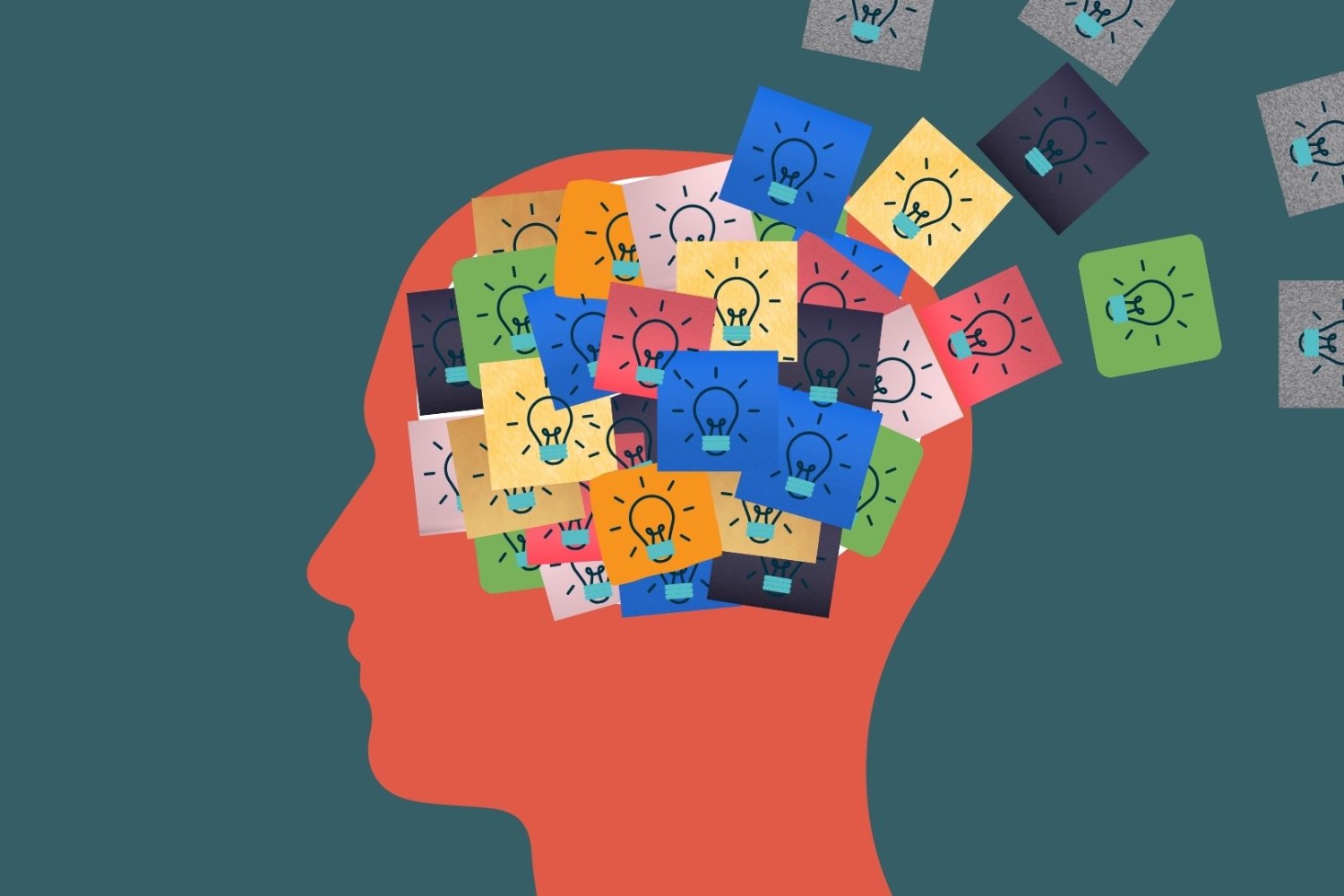
Twitter: @eLeong21



April 19, 2022
Many people experience a familiar phenomenon during their time in school: they start to forget what they learned the moment they learn it. The process of forgetting facts is swift, unforgiving, and difficult to combat. Even with the best memorization techniques, getting information encoded into long-term memory is a struggle for most people. To address this issue, a few questions are essential to understanding the forgetting curve: How quickly is information forgotten? Is that information even forgotten at all?
Much of the education system is based on memorization. Tests incentivize students to study and memorize to pass the exam. Eventually, as time passes and students learn about other things, most things are forgotten or replaced with additional information. Students at the Massachusetts Institute of Technology (MIT) took a mechanics class during their freshman year, and they lost about 50% of their knowledge from the course when they took an exam during their senior year, according to the American Physical Society.
Students at MIT are not the only ones who forget information. People worldwide experienced this phenomenon, especially during COVID-19. The pandemic forced students to memorize information and learn through a computer. One of those students who partook in distance learning online is Rien Gupta, a freshman at Design Tech High School. Gupta, like many others, struggled to remember any information he learned during that time.
“I feel like the time between seventh grade and the start of freshman year just disappeared for me, and I don’t remember anything I did in the pandemic. Because of that, I really don’t remember anything that happened through middle school,” Gupta said.
A study from the 1800s by psychologist Herman Ebbinghaus shows that people can forget information at an exponential rate, with up to half of the recently learned information being forgotten within the first hour. After the initial exponential decay, the information that people retain remains with the curve flattening out. Jaap Murre and Joeri Dros later replicated the study with similar results, showing how quickly a person can forget.
Diana Chu, a professor of molecular biology at San Francisco State University, said that she forgets many things, even in science.
“If I have to teach something really basic, like photosynthesis, I have to go back and look at it again. I don’t have it all memorized, and I have to go back and look at the details because I forget,” Chu said.
Techniques for memorization play a significant factor in the forgetting process.
The best practices help keep the most information, and the worst let information easily slip away.
Understanding the information in the first place is extremely important for retaining information, according to an article by Daniel Willingham, a professor at the University of Virginia. There is not much to remember if not much is known in the first place. Many students have their own techniques for memorizing and retaining information, and various methods help different students.
“In terms of memorization, I create flashcards, Quizlets, I talk to my friends, I talk to my teachers about studying, and I find a website or something that would explain it pretty well,” Gupta said.
A 1991 study by Harry Bahrick and Lynda Hall shows that repeating a concept or a procedure thousands of times can commit it to someone’s long-term memory far after the person learns it. With no review, students who took college math courses practiced so much algebra that they barely forgot what they learned for half a century. So, one time-consuming but effective technique for memorizing information is practicing or recalling a fact thousands of times.
“For me, I don’t use techniques like the Pomodoro technique. I try to study for understanding, not memorization,” said sophomore Pranav Kamat.
The Pomodoro technique is a study method that breaks up studying into 25 minutes of study and five-minute breaks. The process is repeated until studying is completed.
It is not always practical, even with thousands of repetitions of the same concept. Information can still be forgotten and slipped away from memory. Chu said that she has to relearn things from the course that she teaches.
“I have not memorized [my curriculum]. I always have to go back and relook at it,” Chu said.
Some things that students must memorize in school will never be used beyond an exam or two. Other facts will be lost as time passes, even the most important ones.
“I don’t think memorization is important at all because we have so many facts that are there on the internet. In one second, you can look up anything; you can ask Alexa anything. The information that’s available now is so vast. You would never be sitting there trying to determine a specific calculation by remembering it. That kind of thing is just heavy lifting done by a computer,” said retired lawyer Helen Koh.
Chu, on the other hand, expressed the importance of building around fundamental concepts like algebra. She said that basic building blocks that form a foundation are essential for higher education, such as a college degree.
“In high school, you get to learn a broader scope of things. So it’s a really good basis and foundation to figure out what you’re interested in. That’s true in the master’s program because you conduct a research project. You have to build off that foundation of things that you learned before, but you have to apply those things to research,” Chu said.
Likewise, Kamat expressed the importance of understanding the significance of subjects with lots of memorization. He believed that history has the most memorization, and he advocated for specifically understanding history because of the lessons it teaches and the need to not repeat historical mistakes.
“History is useful because we do not want to repeat [events in history] ever again. It helps cement that there’s always this bad stuff in history, and we definitely should not do that,” Kamat said.

